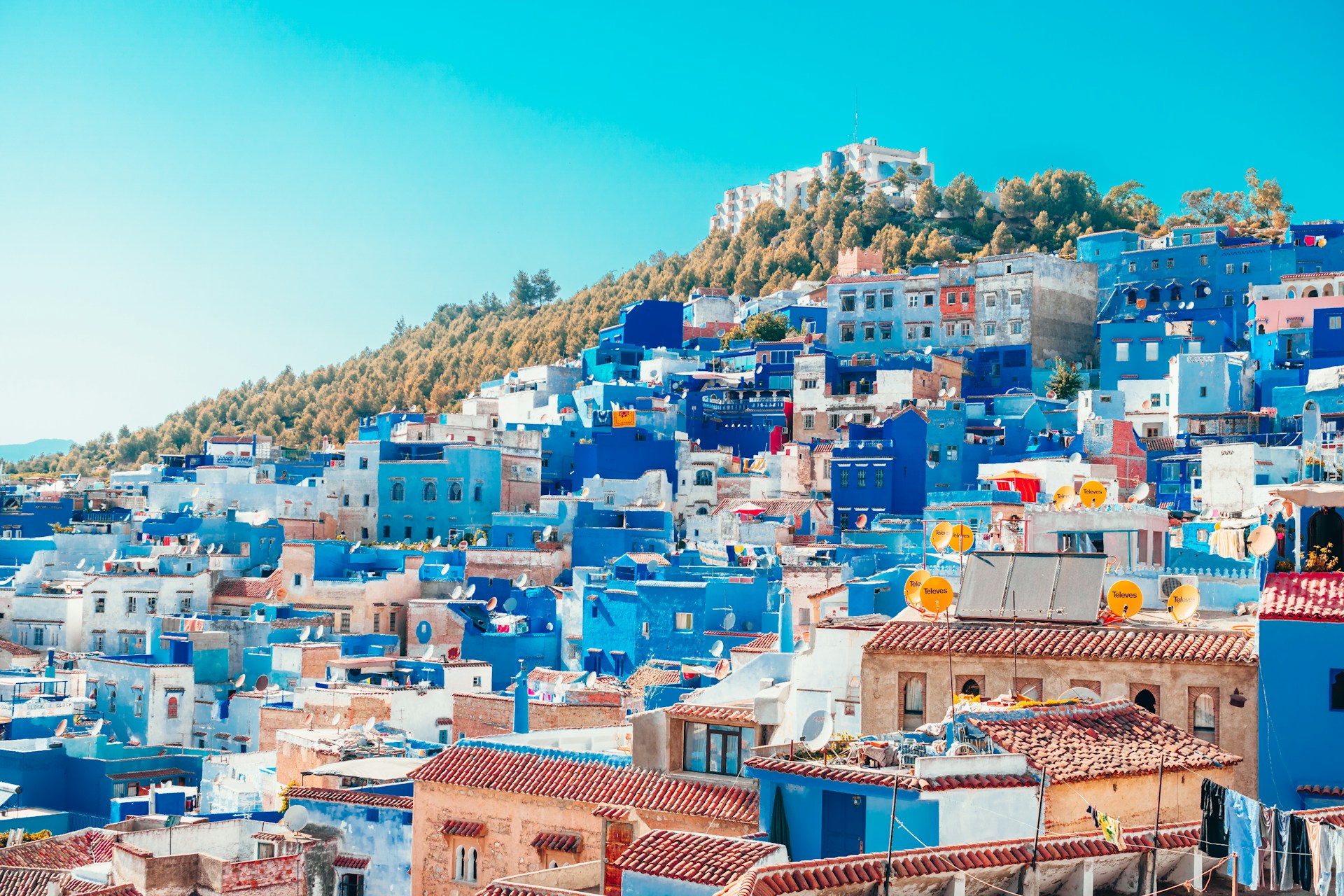Casablanca – In a bid to revolutionize the urban transport sector, the Moroccan government has unveiled an ambitious plan aimed at enhancing accessibility, efficiency, and sustainability in urban areas across the country. The initiative comes amid growing concerns over the dominance of foreign companies in the sector and the need to bolster local participation and innovation.
Minister of the Interior, Abdelouafi Laftit, announced the government’s strategic vision during a recent session in the House of Representatives. Laftit highlighted the pressing need for transformative measures, citing the inadequacy of current urban transport systems in meeting the evolving needs of Moroccan cities.
A key component of the plan involves the acquisition of 3,500 buses over the next three years to bolster urban transport networks in more than 32 cities. This significant investment, totaling approximately $1.03 billion, will be jointly funded by the government and local municipalities. The buses will be deployed strategically, with a focus on major urban centers initially before extending to other municipalities.
The government aims to address the challenge of managing these buses by involving private companies, while expressing frustration over the dearth of Moroccan firms equipped to undertake such responsibilities. Laftit urged Moroccan companies to seize the opportunity to enter the urban transport sector, emphasizing the importance of local expertise and innovation.
The initiative also includes comprehensive reforms to existing urban transport models, which have struggled to sustainably meet the needs of Moroccan cities. Laftit highlighted the unsustainability of current approaches, particularly in major cities like Casablanca and Rabat-Salé, where the daily cost of urban transport amounts to $103 million collectively.
To ensure the success of the plan, the government has outlined a detailed five-year action plan, with interventions set to commence in the coming years. By 2027, significant improvements in urban transport systems are expected, with plans to extend these enhancements nationwide.
Additionally, the government plans to review existing urban transport contracts to ensure fairness and balance. Laftit stressed the importance of equitable contracts, highlighting the prevalent imbalance in many current agreements, which often result in either subpar services or inflated costs.
The government’s initiative represents a bold step towards modernizing Morocco’s urban transport sector, aiming to create more efficient, inclusive, and sustainable urban environments for all citizens. As the country moves forward with these transformative measures, the hope is to address current challenges and pave the way for a better-connected future.
















